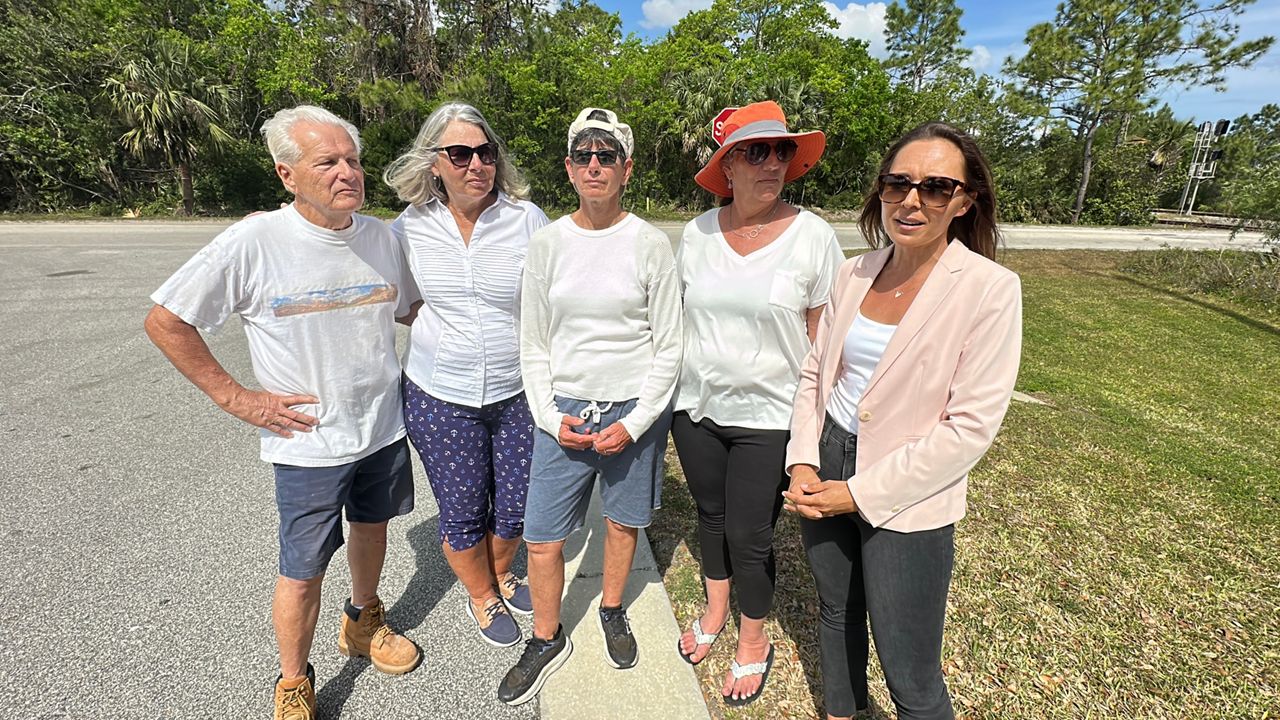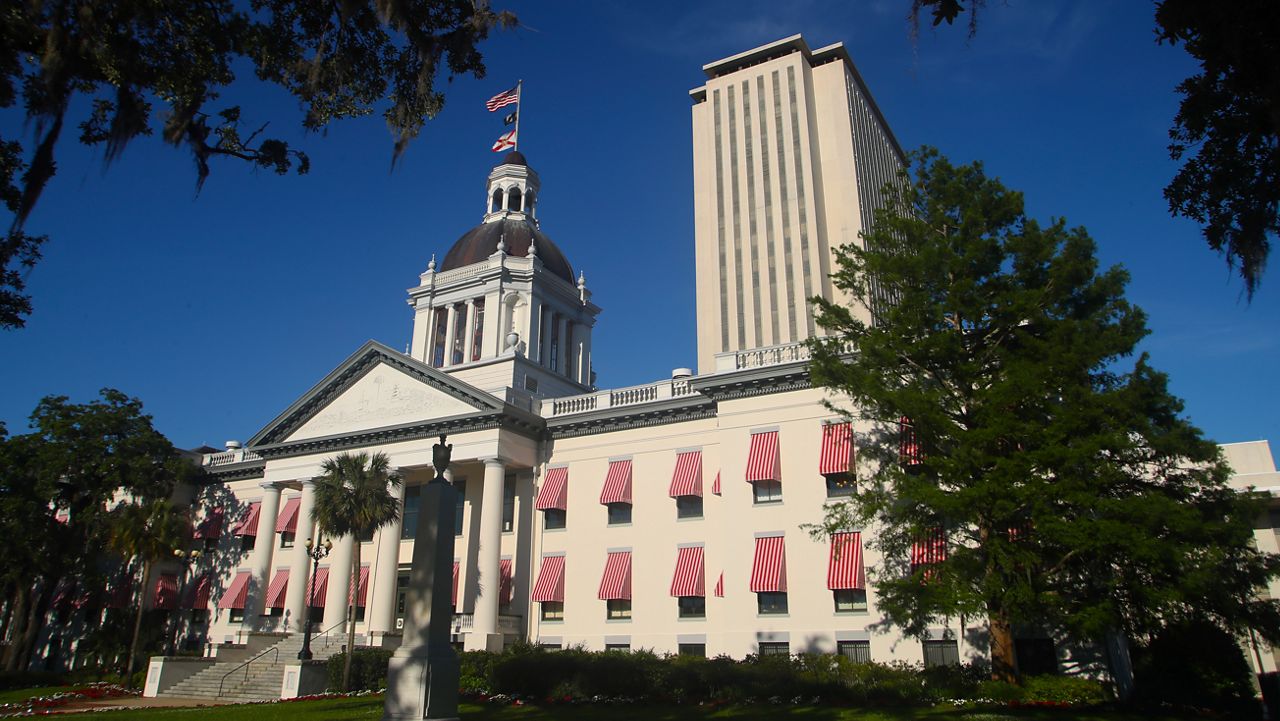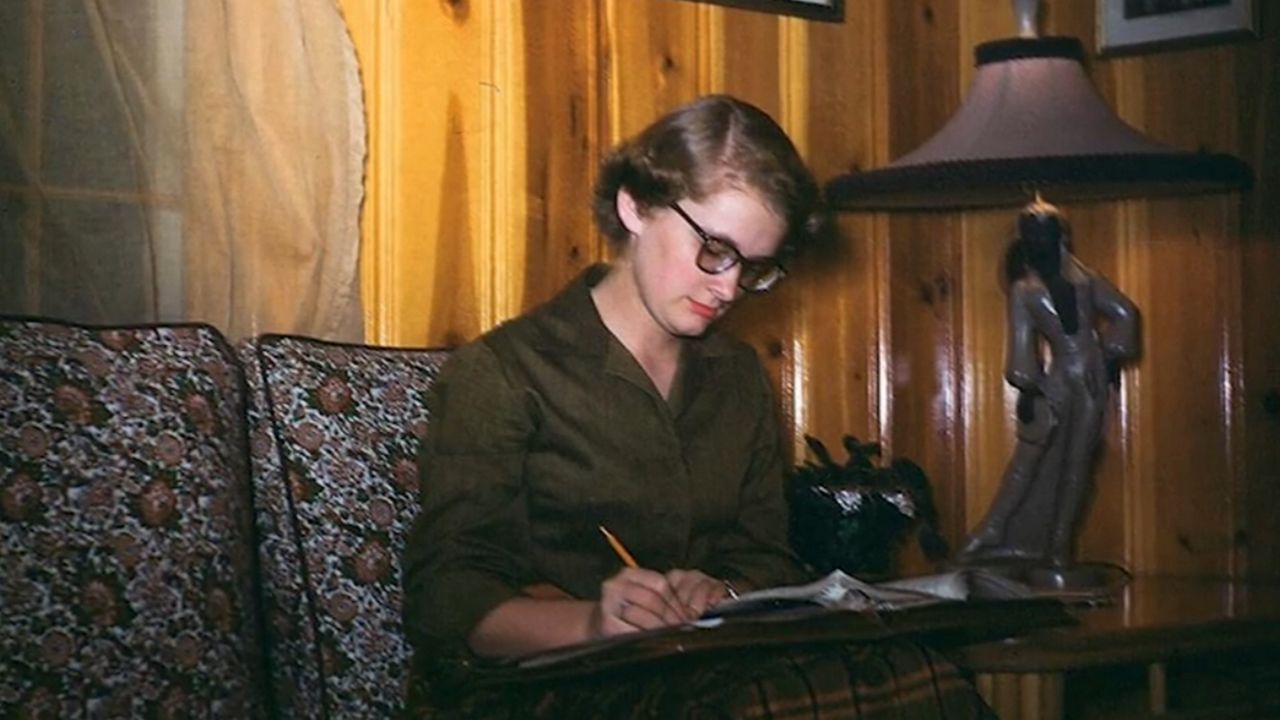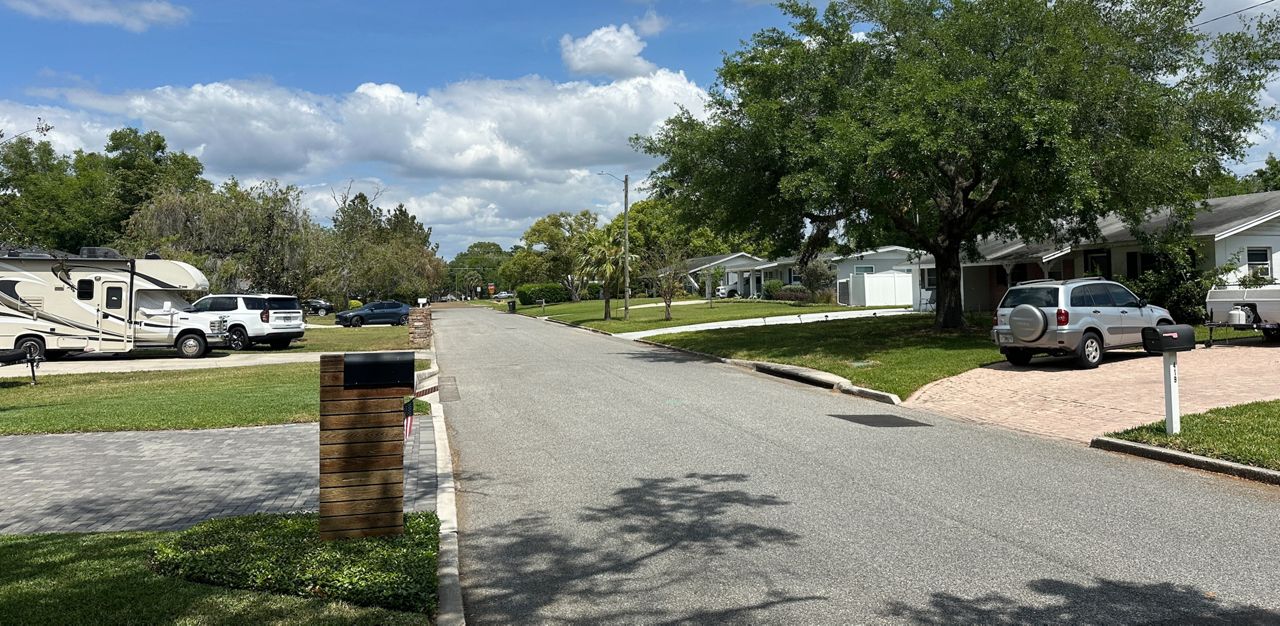ORLANDO, Fla. — This week’s election marks five years since voters passed a constitutional amendment to restore voting rights for some convicted felons.
After spearheading the bill, the Florida Rights Restoration Coalition (FRRC) in Orlando is celebrating its hard work and dedication five years later. The membership organization works to end discrimination against individuals with a criminal background.
Executive Director Desmond Meade founded the organization in 2011 after being given a second chance himself. Meade was formerly incarcerated and homeless.
“In August of 2005 I was standing in front of the railroad tracks waiting for the train to come so I could step in front of it, fortunately the train never came,” Meade said.
He then went through drug treatment, moved back into a homeless shelter, and enrolled himself in a community college. It was there he obtained a law degree that helped him to start the FRRC.
“Just because someone makes a mistake that doesn’t mean you count them out for the rest of their life," Meade said.
The organization is widely known for Florida Amendment 4, allowing some formerly incarcerated people the chance to vote after completing sentences, including parole or probation.
Meade says getting the amendment passed was far from easy.
“It was really hard to get people’s attention," he said. "I used to travel over 50,000 miles in my car each year just going around trying to talk to people on why it's important to restore voting rights to people.”
Meade says they are continuing to look at ways that will benefit formerly incarcerated individuals to give them a second chance in life.
“We took what was seemingly impossible, made it possible, and how did we do that? One person at a time,” he said.
The organization has also been nominated for a Nobel Peace Prize.
In 2018, 64% of Florida voters voted for the amendment. The amendment does not apply to those convicted of murder or sexual offenses.









